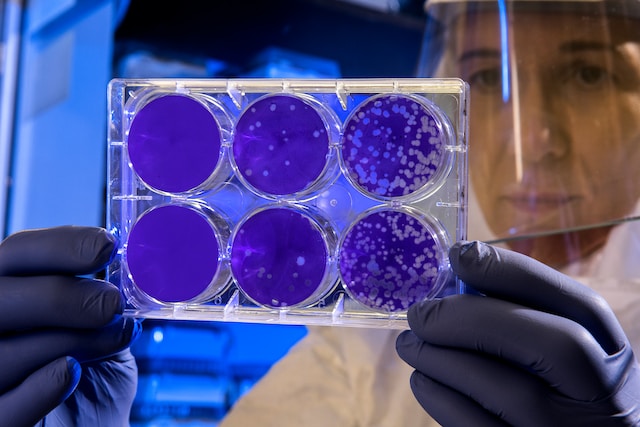
Medicine is at the brink of a revolution, with the emergence of personalized healthcare promising to transform the way we prevent, diagnose, and treat diseases. At the forefront of this revolution is the remarkable potential of stem cells. Stem cells, with their unique ability to self-renew and differentiate into various cell types, offer unprecedented opportunities for tailored and targeted therapies. This essay explores the future of medicine and the profound impact of harnessing the power of stem cells for personalized healthcare.
Understanding Stem Cells: Stem cells are undifferentiated cells that have the capacity to develop into specialized cell types within the body. They possess two key characteristics: self-renewal, the ability to divide and create more identical stem cells, and differentiation, the capacity to mature into specific cell types with distinct functions. Stem cells can be sourced from various tissues and organs, including embryonic tissue, bone marrow, adipose tissue, and even induced pluripotent stem cells (iPSCs) generated from adult cells.
Personalized Medicine and Stem Cells: Personalized medicine aims to tailor medical treatments to an individual’s unique genetic makeup, lifestyle factors, and disease characteristics. Stem cells play a crucial role in this approach, as they provide an avenue for developing personalized therapies. By using a patient’s own stem cells, it becomes possible to create customized treatments that maximize efficacy and minimize adverse effects. Stem cell-based therapies can be tailored to address the specific needs of each patient, leading to improved outcomes and a higher likelihood of treatment success.
Regenerative Medicine and Tissue Engineering: Stem cells have immense regenerative potential, making them invaluable in the field of regenerative medicine. They offer the ability to repair and replace damaged tissues and organs, revolutionizing the treatment of conditions such as spinal cord injuries, heart disease, and neurodegenerative disorders. Stem cell-based therapies, combined with tissue engineering techniques, allow for the creation of functional, living tissues and organs outside the body. This opens up possibilities for transplantations and provides hope for patients in need of organ replacements.
Precision Medicine and Stem Cell Research: Precision medicine utilizes genetic information and molecular profiling to tailor treatments to individual patients. Stem cell research contributes significantly to precision medicine by unraveling the underlying mechanisms of diseases and identifying specific genetic factors that contribute to their development. Through the study of stem cells, researchers gain insights into disease progression and can identify potential therapeutic targets. This knowledge enables the development of targeted therapies that address the root causes of diseases, leading to more effective treatments and improved patient outcomes.
Challenges and Ethical Considerations: While the future of personalized healthcare with stem cells is promising, it is not without challenges. Ethical considerations surrounding the use of embryonic stem cells persist, and the safety and long-term effects of stem cell therapies need to be carefully evaluated. Additionally, the translation of stem cell research into clinical practice requires robust regulatory frameworks and collaboration among scientists, clinicians, and regulatory bodies to ensure patient safety and treatment efficacy.
Conclusion: The future of medicine lies in harnessing the power of stem cells for personalized healthcare. By utilizing the unique properties of stem cells, medical professionals can develop tailored therapies that address the specific needs of each patient. Stem cells offer immense potential in regenerative medicine, precision medicine, and tissue engineering, allowing for the repair and replacement of damaged tissues and the development of targeted treatments. As we continue to unravel the secrets of stem cells and overcome the associated challenges, personalized healthcare fueled by stem cell research will pave the way for a new era of medicine, offering hope for improved patient outcomes, enhanced quality of life, and a brighter future for healthcare as a whole.
Leave a Reply